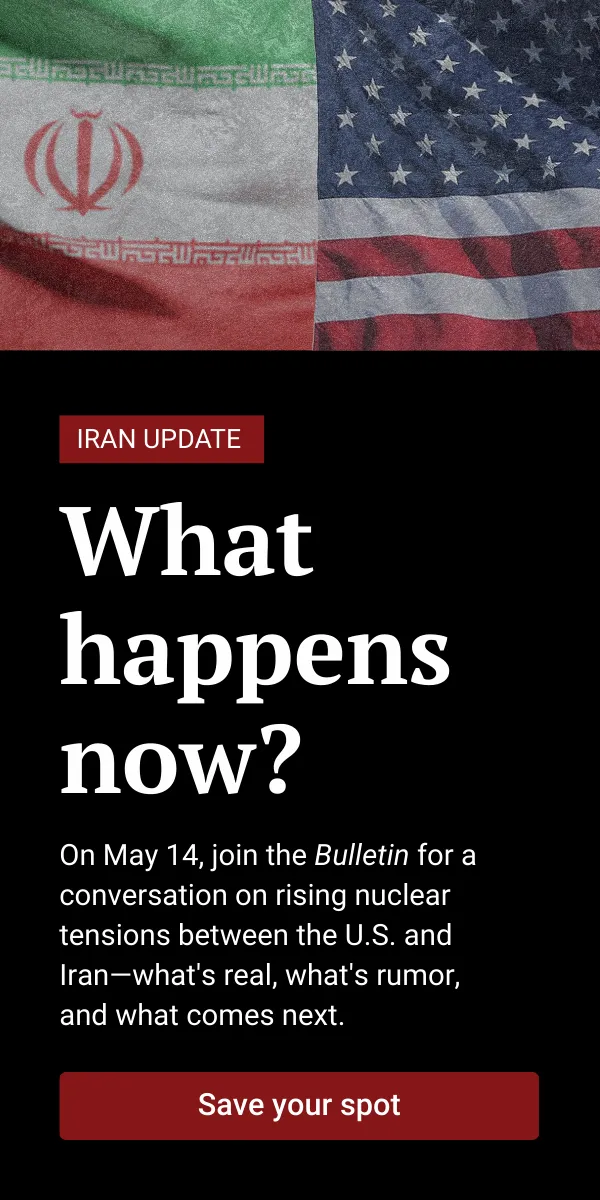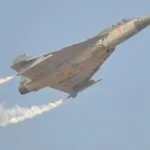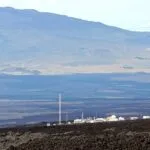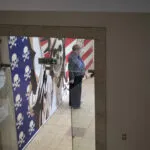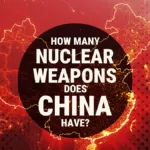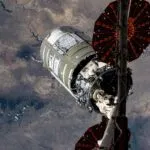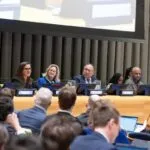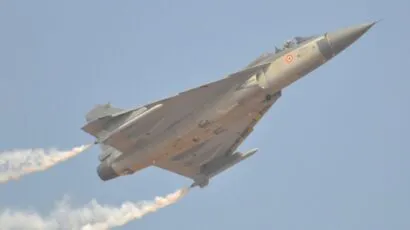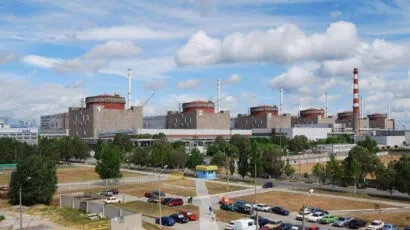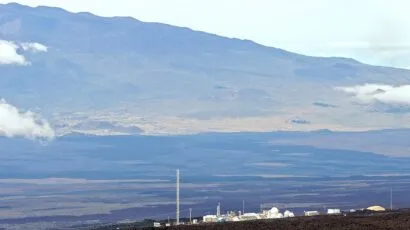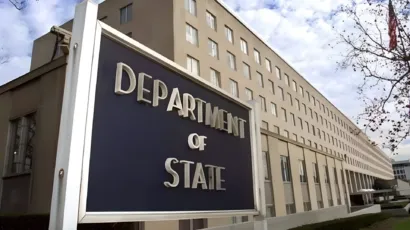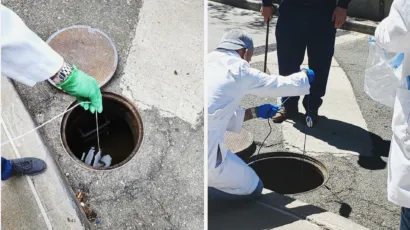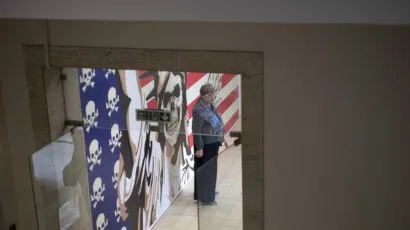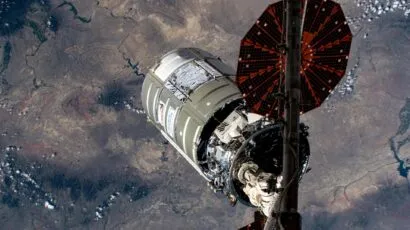Jayantha Dhanapala, A continuing crisis, Board of Sponsors,
Even for a young man in distant Sri Lanka, the reports on the Cuban Missile Crisis in the newspapers and on BBC radio were ominous. But in 1962, there was no television in this developing country to make the situation seem more tense, and, indeed, incredible as it seems in the hindsight of history, the vast majority of the country was ignorant of how close we were to nuclear Armageddon. Having barely emerged from four and a half centuries of crippling colonialism, Sri Lanka was now threatened -- by radiation and climatic and other effects -- in a contest for global supremacy not of its making and in which it had no part.
Years later, as a diplomat dedicated to the cause of peace and disarmament, I learned from conversations with Robert McNamara, Ted Sorensen, and others that we were all saved by sheer luck. The record of the crisis -- dramatized in so many film documentaries and interviews with the actual participants -- proves beyond doubt that the policy makers on both sides had no access to many relevant facts and were groping in the fog of the Cold War.
The passage of five decades and the introduction of hotlines, permissive action links, and other technological brakes on the launch of nuclear warfare has not decreased the threat of nuclear war. Nine nuclear-weapon-armed states have a total arsenal of 19,000 warheads, nearly 2,000 of which are on high operational alert. The threat has in fact increased, and potential for use of nuclear weapons -- whether intentionally or by accident, through computer error or cyber attack or terrorism -- is only too real. There is no guarantee that we will have luck on our side, as we did during the Cuban Missile Crisis, in our time. To reduce the likelihood of an Armageddon that will doom all countries -- large and small, sophisticated or less so -- we must:
- Get immediate agreement on the de-alerting of US and Russian nuclear weapons.
- Have the Comprehensive Nuclear Test Ban Treaty ratified by the eight countries that have either not signed or not ratified it; this important treaty is emblematic of nuclear disarmament and has always been regarded as the litmus test for nuclear disarmament.
- The Fissile Material Cut-Off Treaty needs to be negotiated in the Conference on Disarmament, as was promised in 1995.
- Although New START has been signed and ratified, the international community must ensure that the weapons involved are destroyed, and not just moved from deployed to nondeployed status.
- While the United States and Russia -- which own 95 percent of the world's nuclear weapons -- negotiate a new arms reduction treaty, the rest of the world must implement the UN Secretary General's five-point plan and commence negotiations on a Nuclear Weapons Convention.

